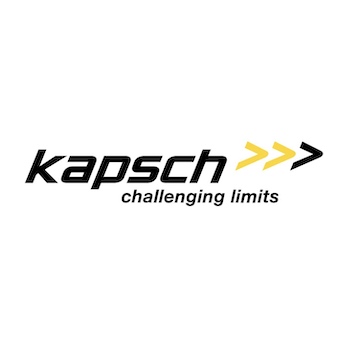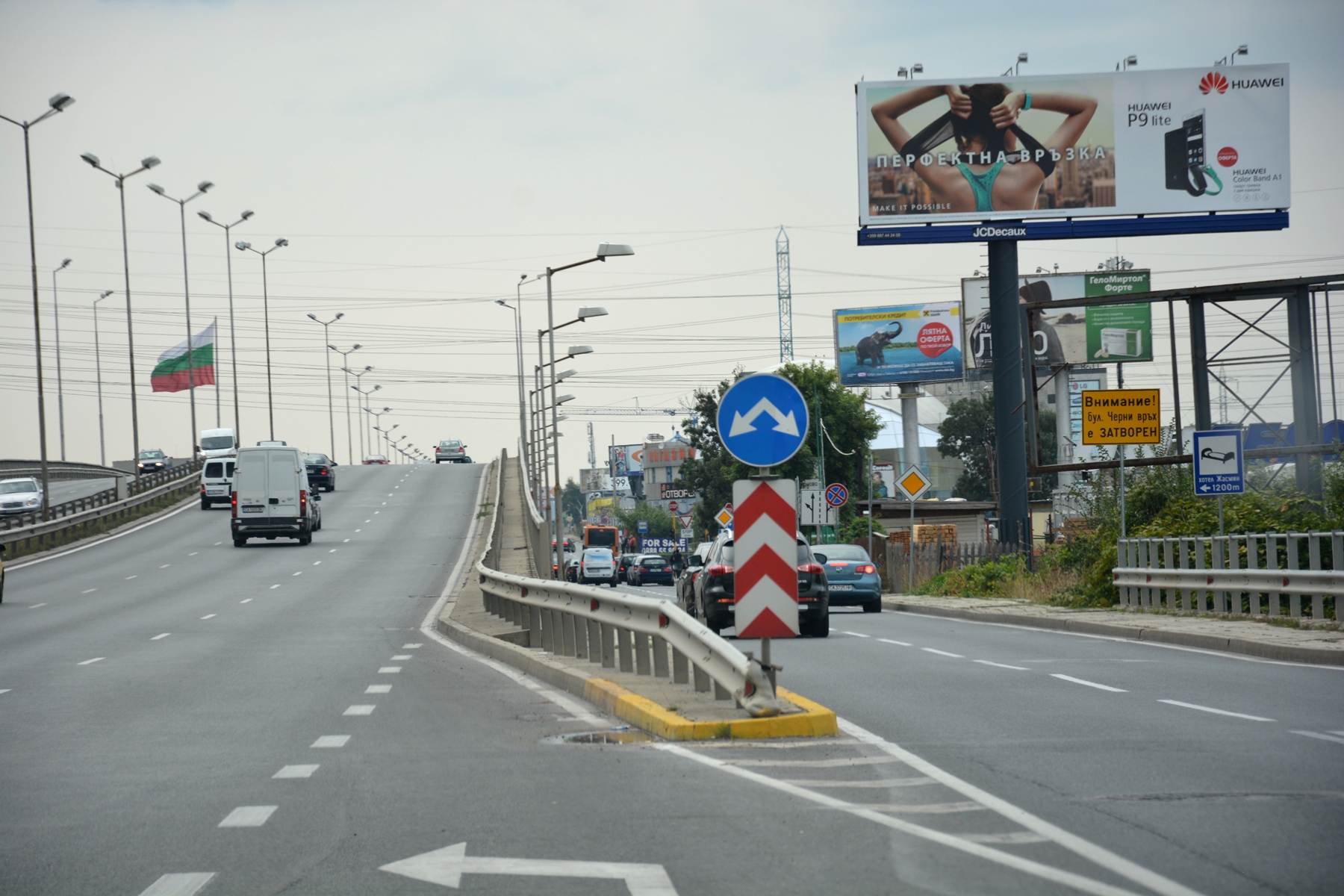Norway Starts Free-Flow Tolling in One of World’s Deepest Undersea Tunnels
The Norwegian Public Roads Administration (Statens Vegvesen) assigned Kapsch TrafficCom (Kapsch) in October 2020 to deliver a new Multi-Lane Free-Flow (MLFF) tolling system at Ryfast, Norway. Only 13 weeks after the contract signature, the system with 6 tolling points went successfully into operation on February 1, 2021.
The Ryfast sub-sea tunnel system runs from the city of Stavanger to the municipality of Strand. It is one of the longest and deepest undersea road tunnels in the world, with the Ryfylke tunnel of 14.3 kilometres length and 292 meters deep. After implementing the high performance system in record time of only 13 weeks, the Kapsch MLFF G3 tolling system is now in operation since the beginning of February.
Area Sales Manager for the Nordic countries, Mikael Hejel, said:While we have installed our systems at tunnels, bridges, cities and roadways all around the world, we are proud to be part of the Ryfast project. We are very happy that we have managed to implement a reliable and high-performing system in such a short time.

The tolling system detects and identifies all passing vehicles with video technology, which classifies the vehicles and captures their front- and rear license plates. Through microwaves, the tolling system also detects and reads AutoPass toll tags, which are linked to the vehicle’s license plate number. The information captured by the tolling system is transmitted to a back-office for further processing and invoicing of the vehicle owners.
Chief Engineer of AutoPASS/Bompeng systems at Statens vegvesen, Kristian Rognskog, said:Due to that a previous tolling system could not be set into operation, we had to re-tender a new tolling system and allocate a tight time schedule. In addition, given the current Covid situation and closed borders, it was a challenging task both for Statens vegvesen and Kapsch to comply with the schedule. Therefore we are very pleased with the open dialogue and the transparency we have had with Kapsch TrafficCom, something which enabled the extremely short implementation time of the new tolling system.
This article was originally published by Kapsch TrafficCom.












